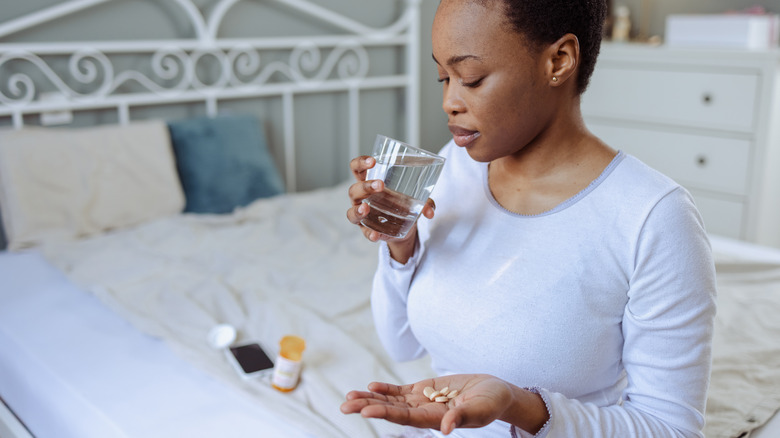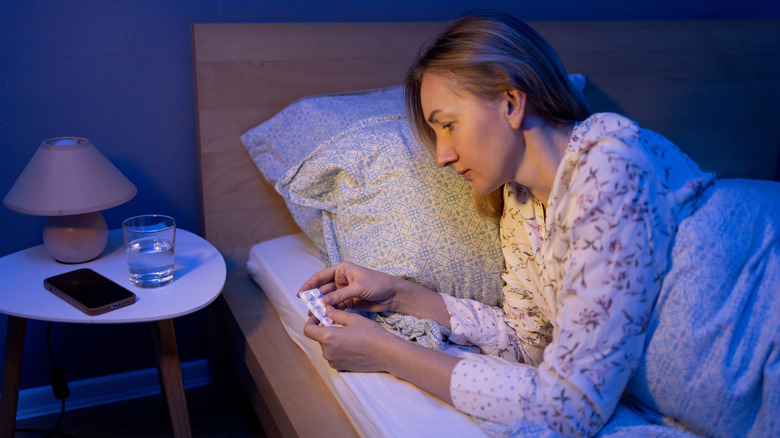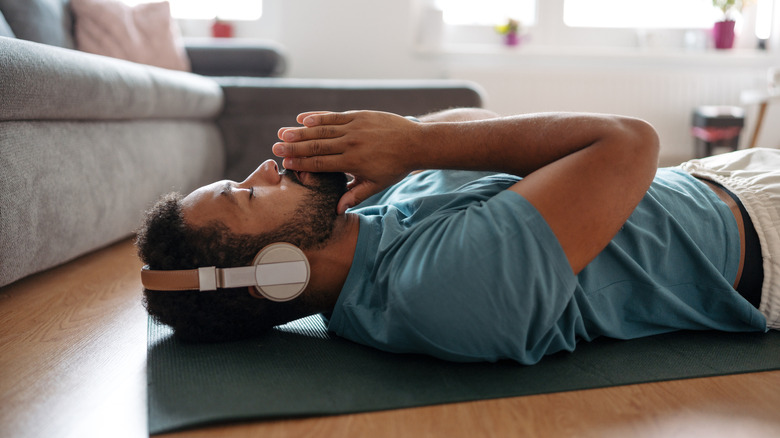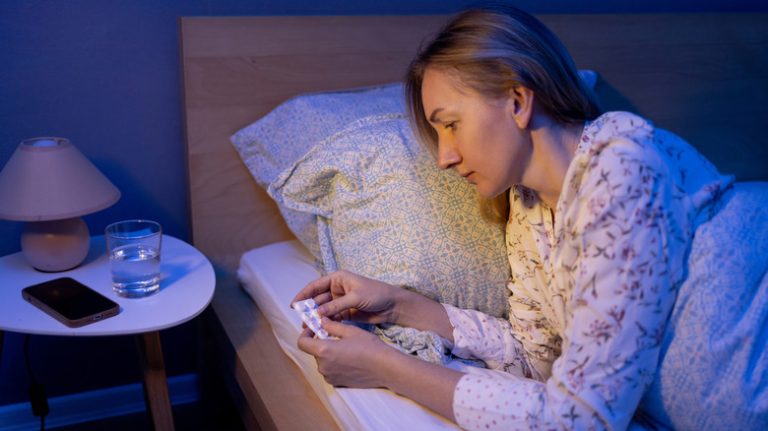
Getting enough sleep feels fantastic, whereas lacking it can be quite miserable. According to the Centers for Disease Control and Prevention, almost 15% of people in the U.S. find it difficult to fall asleep on most days. Many also struggle to stay asleep after finally drifting off. Running on little sleep makes it challenging to concentrate, read others’ emotions, and can make you irritable.
While sleep aids like Benadryl or melatonin can be helpful, combining them is not advisable. Benadryl, with its active ingredient diphenhydramine, induces sleepiness, whereas melatonin helps regulate the sleep-wake cycle and signals your body to relax. Using both might seem beneficial but can have adverse effects, like making you feel dizzy, foggy, or confused the next day. Older adults should avoid this combination as it can impair judgment and thinking.
The safety of Benadryl and melatonin

The active ingredient in Benadryl is an antihistamine used for treating allergy and cold symptoms like a runny nose or itchy eyes. One side effect is drowsiness, prompting some to use Benadryl or generic diphenhydramine for sleep. Diphenhydramine is also in sleep aids like Nytol and Unisom, and in some nighttime pain relievers like Excedrin PM or Advil PM. However, combining these diphenhydramine formulas with melatonin is not recommended.
While diphenhydramine might help with sleep, the National Institutes of Health advises those over 65 to avoid it unless prescribed by a doctor, as it remains in their system longer. According to Scientific American, research links long-term anticholinergic drug use, like Benadryl, to dementia and cognitive impairment.
The National Institutes of Health considers short-term melatonin use relatively safe for regulating sleep cycles, but there’s insufficient evidence on long-term safety. A 2021 review in the Journal of Pineal Research showed high melatonin doses (over 10 mg) increase headache, drowsiness, and dizziness risks. Note that melatonin isn’t FDA-regulated, so actual melatonin levels might differ from the label.
Consider alternatives to melatonin and Benadryl

Melatonin can help with jet lag or adjusting your sleep cycle, and short-term Benadryl use may aid sleep during allergy season. If these alone aren’t sufficient, consider alternatives instead of combining melatonin and Benadryl. Stress might hinder sleep, so try stress management techniques like yoga, tai chi, or breathing exercises.
Examine your pre-bedtime routine. That late afternoon coffee may boost your workday but interfere with sleep. The Sleep Foundation suggests even moderate alcohol (two drinks for men, one for women) can reduce sleep quality by 24%. Late dinners might also keep you awake, so consider eating your heaviest meal earlier.
If you still struggle with sleep, consult a doctor about possible sleep disorders. There are over 80 types, and signs include taking over 30 minutes to fall asleep nightly, daytime sleepiness, or difficulty returning to sleep after waking. Some sleep disorders stem from medications or mental health issues, or they may indicate heart or nerve disorders.




